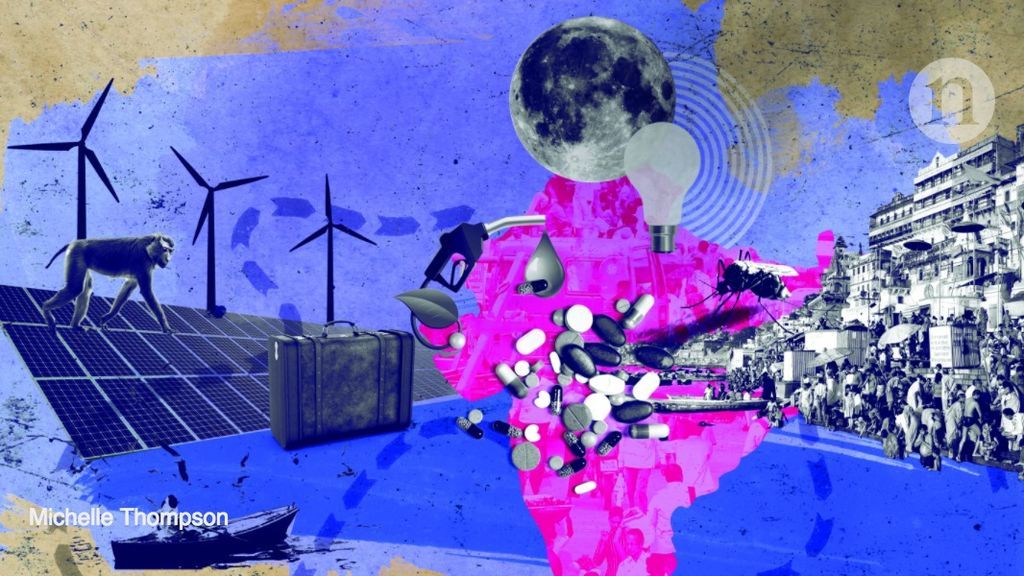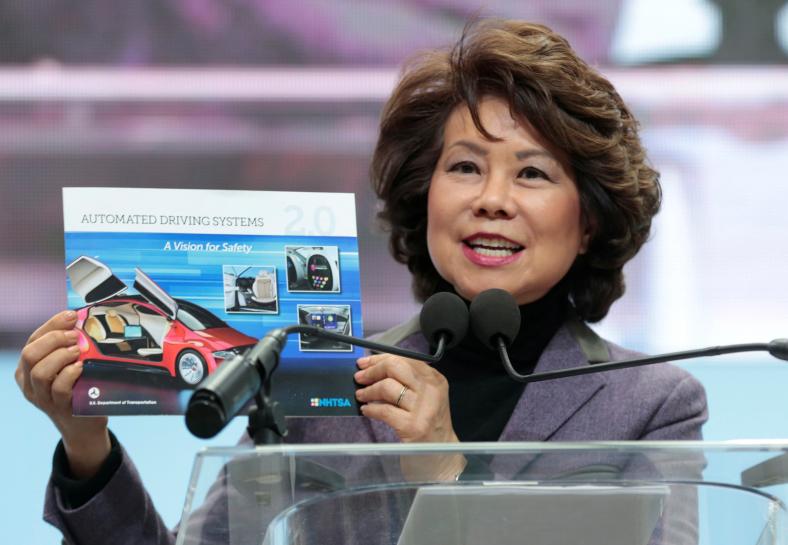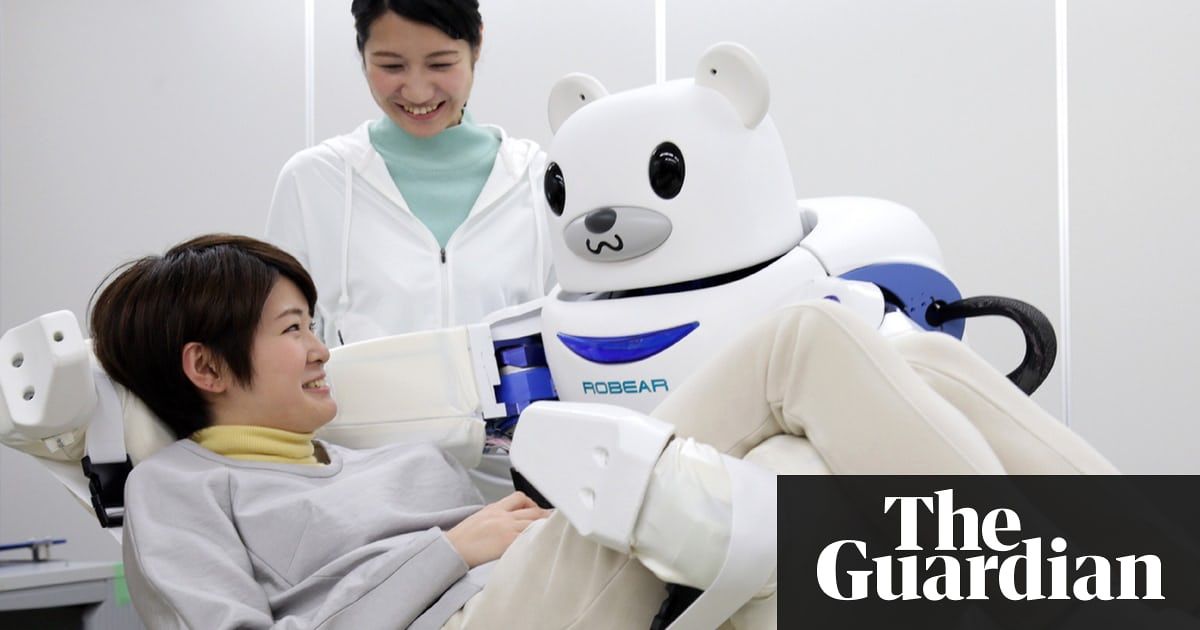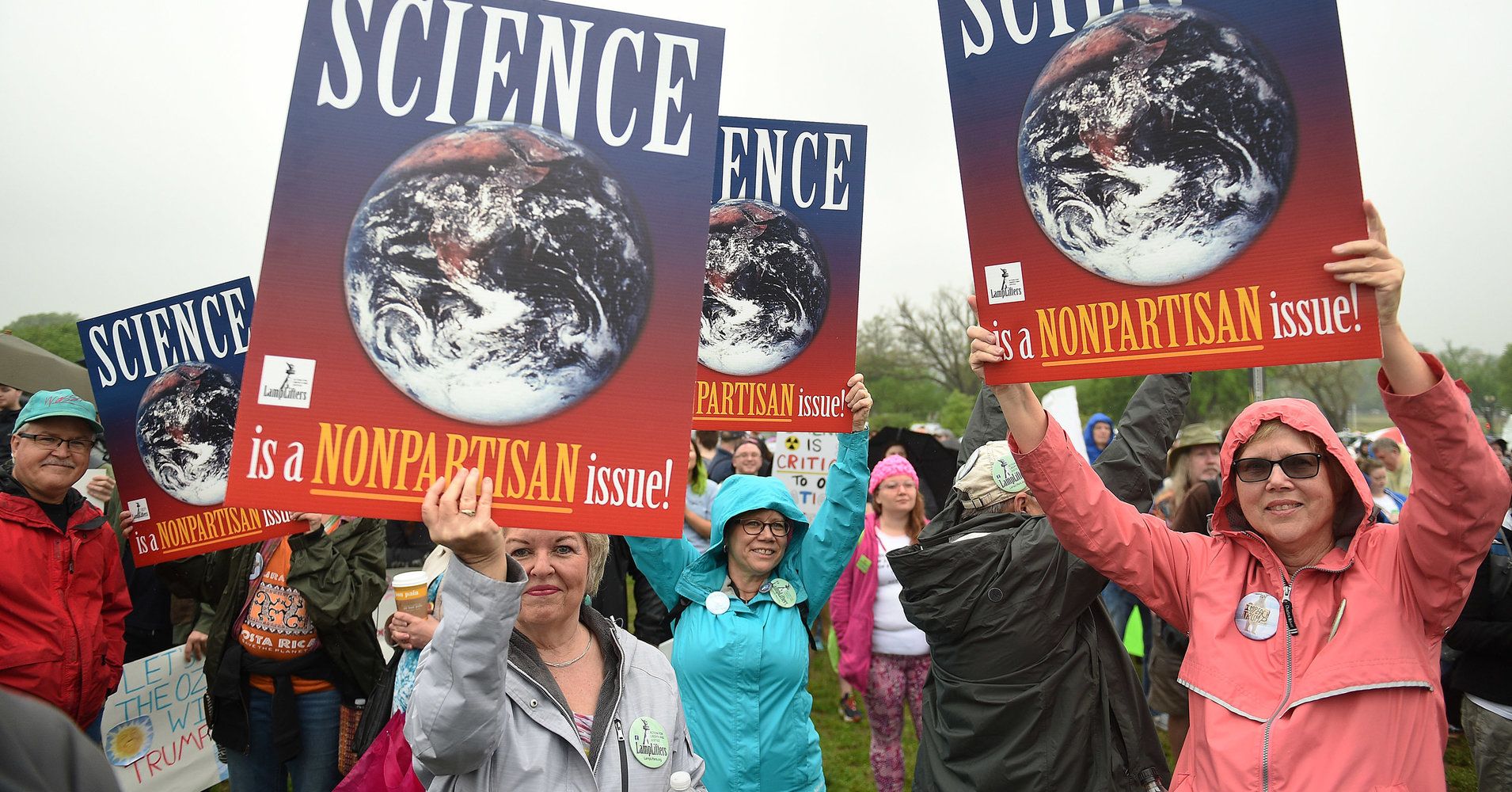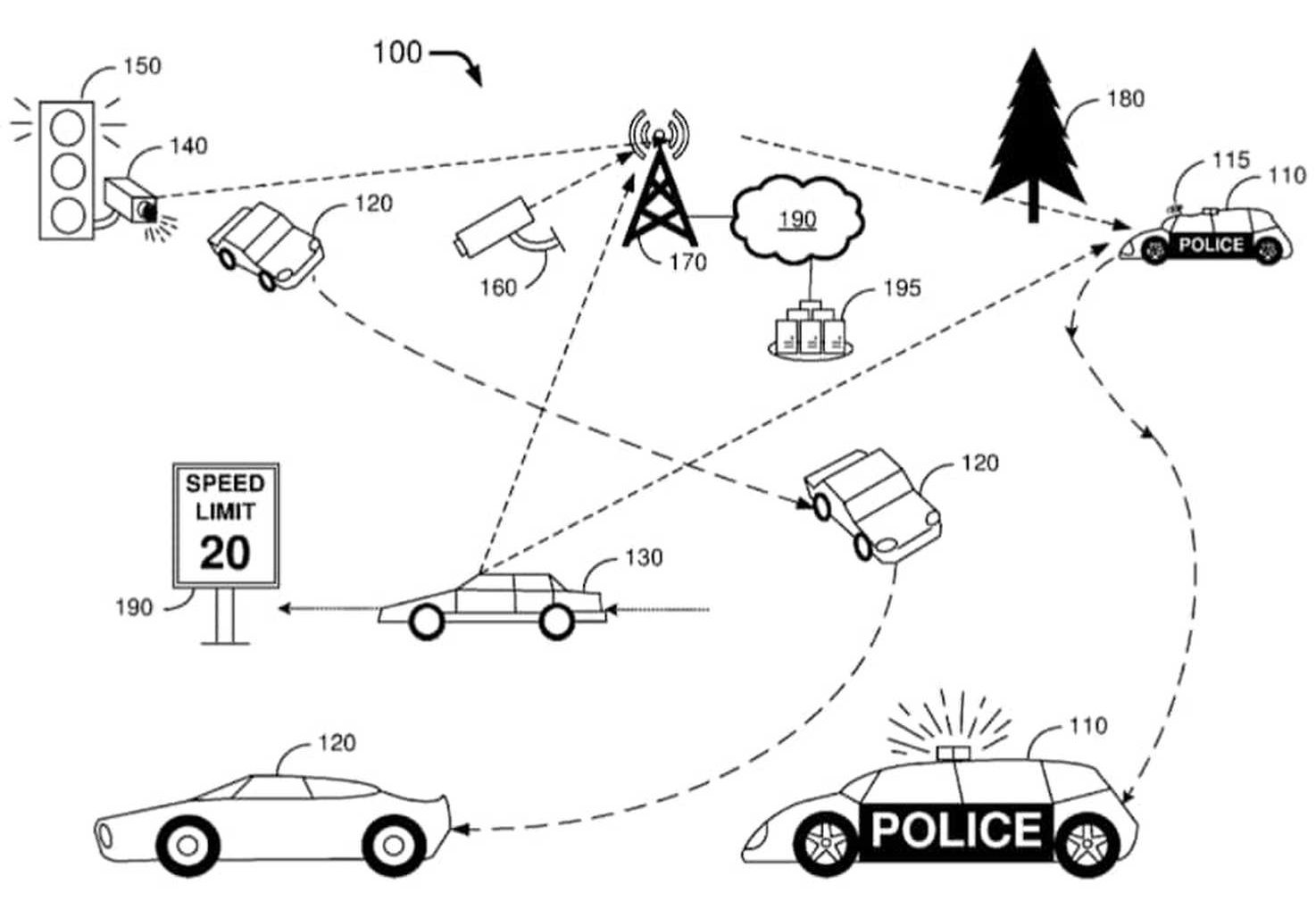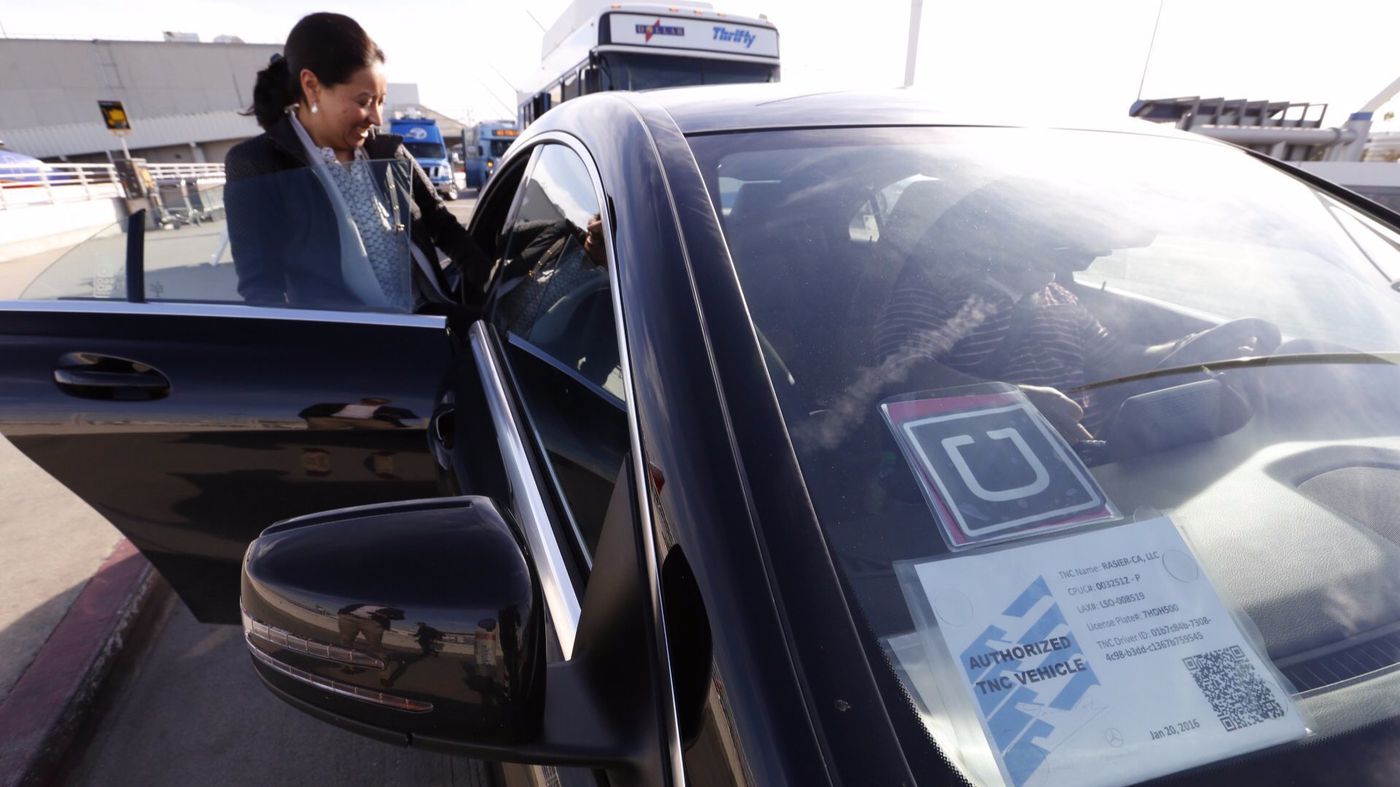When the Chinese government released its Next Generation Artificial Intelligence Plan in July 2017, it crisply articulated the country’s ambition: to become the “world’s primary AI innovation center” by 2030. That headline goal turned heads within the global tech elite. Longtime Google CEO Eric Schmidt cited the plan as proof that China threatened to overtake the United States in AI. High-ranking American military leaders and AI entrepreneurs held it up as evidence that the United States was falling behind in the “space race” of this century. In December 2017, China’s Ministry of Industry and Information Technology followed up with a “three-year action plan,” a translation of which was recently released by New America’s DigiChina initiative.
But how do these plans actually work? There’s a tendency to place this AI mobilization within China’s longstanding tradition of centrally planned engineering achievements that have wowed the world. The rapid build-out of the country’s bullet train network stands as a monument to the power of combining central planning and deep pockets: in the span of a decade, the Chinese central government spent around $360 billion building 13,670 miles of high-speed rail (HSR) track, more mileage than the rest of the world combined.
But putting the AI plan in this tradition can be misleading. While it follows this model in form (ambitious goal set by the central government), it differs in function (what will actually drive the transformation). The HSR network was dreamed up and drawn up by central government officials, and largely executed by state-owned enterprises. In AI, the real energy is and will be with private technology companies, and to a lesser extent academia.

